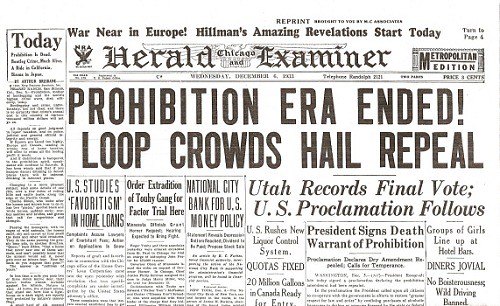The Human Cost That Couldn’t Be Ignored (Image Credits: Unsplash)
In the dim glow of late-night Capitol Hill sessions, frustration hung heavy as lawmakers grappled with a crisis that had dragged on far too long.
The Human Cost That Couldn’t Be Ignored
Picture families scraping by without paychecks, national parks shuttered, and federal workers left in limbo – that’s the harsh reality of a government shutdown. This one stretched into weeks, hitting hard in places like California’s Central Valley where jobs tie directly to federal funding. For constituents in battleground areas, the pain wasn’t abstract; it was grocery bills piling up and small businesses teetering.
One lawmaker saw this up close and decided enough was enough. His choice to vote against his party’s stance wasn’t just a ballot flip; it highlighted how real-world fallout can force tough calls in politics. Voters back home were vocal, flooding offices with pleas that echoed louder than any partisan script.
Still, the move sparked backlash from allies who viewed it as betrayal. Yet for those affected, it felt like a lifeline tossed into turbulent waters.
Spotlight on the Key Player
From California’s 13th District, this Merced-area representative has built a career navigating tight races in a swing zone. Elected amid shifting winds, he knows survival means listening to a mix of voices, not just the party’s echo chamber. His background in local issues, from agriculture to education, grounds him in the gritty details that D.C. often overlooks.
When the shutdown loomed, he weighed the rhetoric against the reports from home. Emails and calls poured in, painting pictures of delayed services and economic ripples. Party leaders pushed for holding the line, but he prioritized the district’s needs over national posturing.
This isn’t his first rodeo with independence; past votes show a pattern of putting people first, even when it ruffles feathers.
Battleground Blues: Why Swing Districts Matter
In a polarized Congress, districts like this one act as political fault lines, where every vote counts double. Here, Democrats hold slim margins, making complacency a risk. The shutdown amplified vulnerabilities, with independents and moderates demanding action over gridlock.
Representing Merced means juggling urban sprawl, rural farms, and diverse communities all feeling the federal freeze. Aid programs stalled, veterans waited on benefits, and local economies sputtered. His decision reflected a calculation: loyalty to party couldn’t trump loyalty to voters facing immediate hardship.
Experts note these areas often dictate broader outcomes, turning individual choices into national turning points.
Cracks in the Democratic Facade
The vote exposed deeper rifts within the party, where progressives clashed with pragmatists over strategy. Some saw the bill as a weak compromise, lacking key protections like healthcare extensions. Others, like this Californian, argued prolonged shutdowns hurt the vulnerable most, undermining the party’s core message.
National figures weighed in, from governors decrying the deal to senators vowing resistance. Yet in the House, a handful of Democrats joined Republicans to pass the measure, averting further damage. This fracture hints at evolving dynamics, especially as midterms approach.
For the party, it’s a wake-up call: unity for unity’s sake won’t cut it when constituents demand results.
Ripples Across the Political Landscape
Beyond the immediate relief, this vote signals shifting tides in how lawmakers balance ideology and pragmatism. In California, a state of deep blue hues with purple pockets, it underscores the push-pull of national agendas on local soil. Similar breaks could emerge in future standoffs, reshaping negotiations.
Analysts point to this as a model for moderates, showing that crossing lines can build credibility without alienating bases. The bill’s passage, though temporary, buys time for bigger fixes, like budget reforms. It also spotlights the role of swing districts in steering policy away from extremes.
Looking Ahead: What Comes Next?
As the dust settles, questions linger about long-term funding and partisan trust. This lawmaker’s stand might inspire others to prioritize impact over optics, potentially leading to more bipartisan wins. California’s political scene, already dynamic, could see more such moments as deficits and demands mount.
Ultimately, it reminds us that democracy thrives when leaders remember the human element. What do you think – does putting district first make for better governance, or is party unity non-negotiable? Share your take in the comments.
Key Takeaways
- Shutdowns hit battleground districts hardest, forcing lawmakers to choose between party and people.
- One vote can expose party divisions and pave the way for pragmatic solutions.
- Future negotiations may lean more on local voices to avoid repeated crises.






